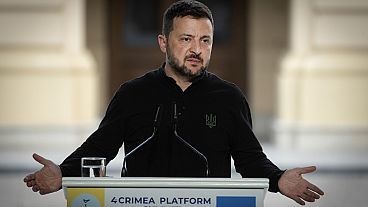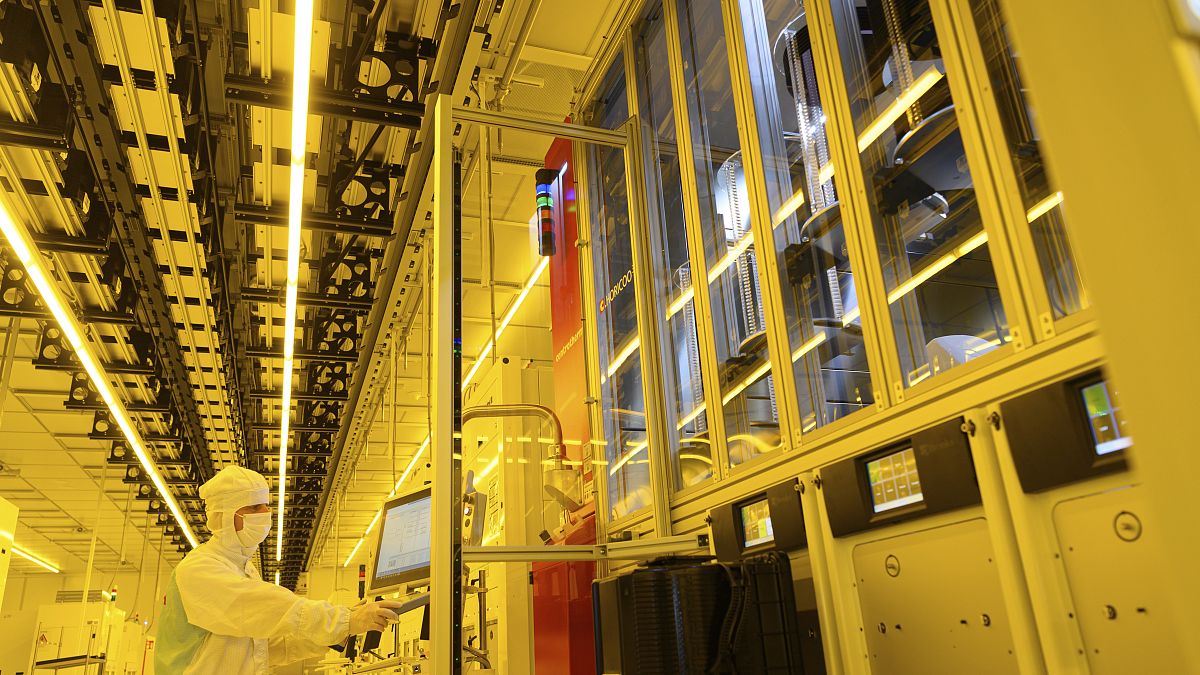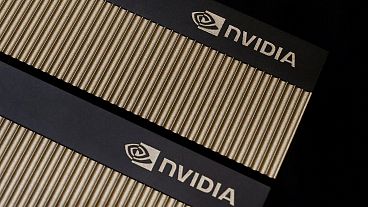EU Commission supports German state aid to support 'first of a kind' facility.
The European Semiconductor Manufacturing Company (ESMC), a new microchip manufacturing plant to be built in Dresden, Saxony, will be the first to produce so-called high-performance chips in the EU, European Commission president Ursula von der Leyen said during a visit to the nascent plant today (20 August).
“This new centre qualifies under the European Chips Act as a first-of-a-kind facility. It will manufacture products that are not present or planned in any other facility across Europe. That means this facility is also entitled to national financial support,” Von der Leyen said, adding that the European Commission has approved a €5 bn German measure to support ESMC in the construction and operation of its plant.
The new plant will produce so-called high performance chips, using field-effect transistor (‘FinFET') technology and allowing the integration of several additional features in one chip. The produced chips will offer better performance while at the same time reducing total power consumption.
ESMC – a joint venture between Taiwan Semiconductor Manufacturing Company (TSMC), Bosch, Infineon, and NXP – is planned to be operating at full capacity by 2029, and is expected to produce 480,000 of chips – used for automotive and industrial applications.
The measure aims to strengthen Europe's security of supply, resilience and digital sovereignty in semiconductor technologies, in line with the European Chips Act. The Act, which entered into force last September, aims to double the bloc’s current share of 10% of the global microchips market by 2030. Globally, some 1 trillion microchips were manufactured around the world in 2020.
So far the Chips Act already attracted commitments of public and private investments in the order of €115 bn, Von der Leyen added.
Saxony – where the semiconductor industry started in the 1960s – is home to some 2,5000 semiconductor companies and plants, including those of Bosch, Infineon, Globalfoundries and X-FAB. The chips enable technological advances in sectors such as healthcare, cloud, defence and clean energy.
Von der Leyen also announced that in her new Commission mandate she will take further measures to boost Europe’s industrial competitiveness by setting up a European Competitiveness Fund to invest in strategic technologies, including in the field of chips and advanced packaging.
In the first 100 days of the incoming Commission, she will also propose a new Clean Industrial Deal, to ensure access to cheap energy and raw materials. In addition, there will be a “Union of Skills” to ensure that workers get the training they need for these jobs.















